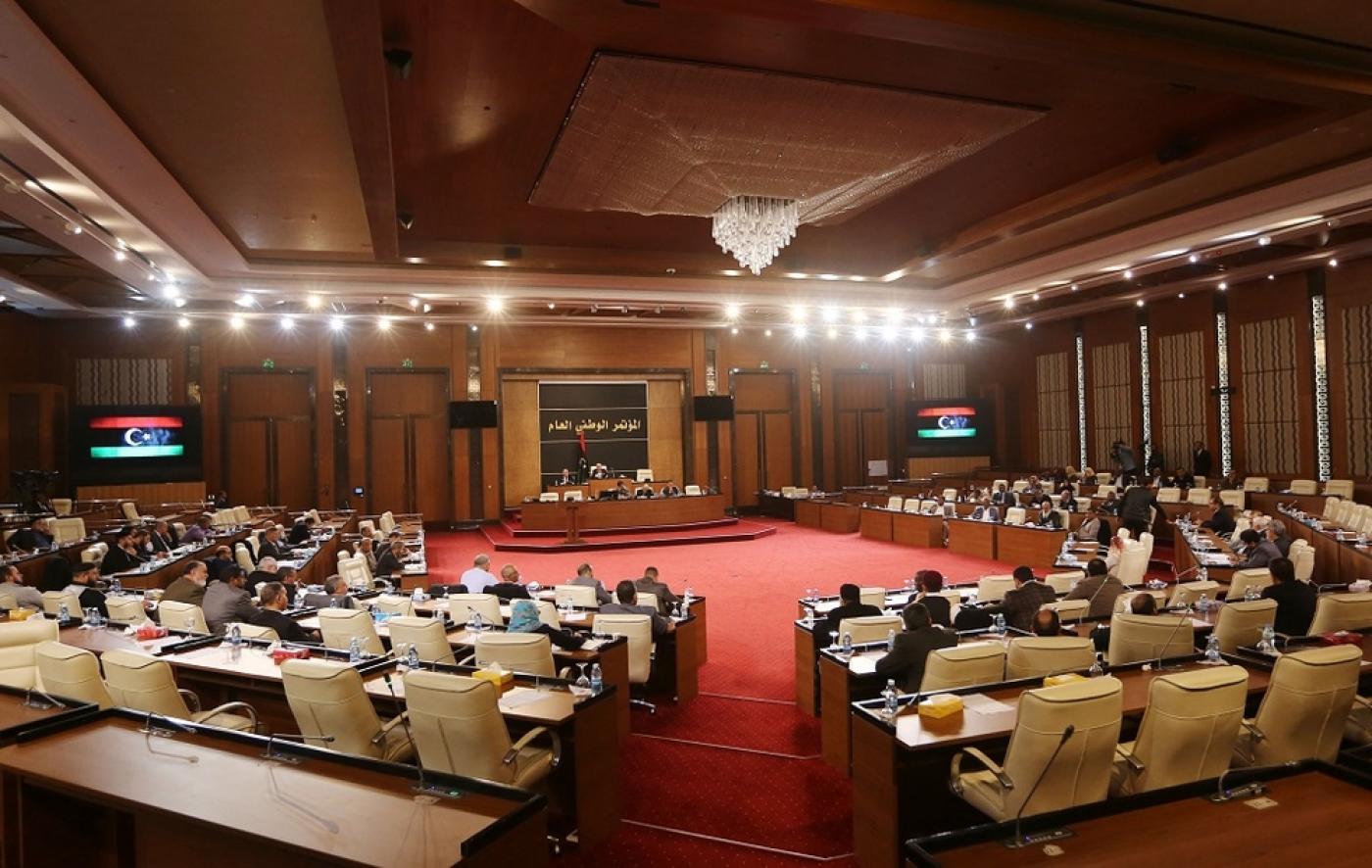Libya’s parliament announced Monday it would meet next week to pick a replacement for interim Prime Minister Abdelhamid Dbeibah, potentially escalating tensions between the country’s eastern and western factions.
The announcement, a month after planned elections were abandoned amid bitter arguments over their legal basis, lays bare once again the extent of divisions between eastern and western factions in the war-torn country.
Spokesman Abdallah Bliheq said the assembly, based in the country’s east, was ready to start examining applications for the role, and that candidates would face hearings in the house on February 7.
A session will take place the following day to select the winner, he said.
The United Nations has been leading efforts to help move the North African country past a decade of chaos following the 2011 NATO-backed uprising that toppled dictator Moamer Kadhafi.
Dbeibah’s government had a mandate to lead the country to December 24 elections — in which he was a candidate despite having committed to not running.
Since the polls were canceled, parliament speaker Aguila Saleh, also a presidential hopeful, has led calls to replace Dbeibah, arguing his mandate is over.
The parliament, in the eastern city of Tobruk, had already passed a no-confidence motion against Dbeibahs’ government in September, a vote rejected by an upper house based in the capital.
The assembly had published criteria last week for applicants to the role, without setting a deadline for their appointment.
The UN, western powers and even some members of parliament have called for Dbeibah to stay in his role until elections, for which a new date has not yet been set.
Bliheq on Monday called for “certain ambassadors” and the UN’s top representative in Libya, Stephanie Williams, “not to interfere in Libyan affairs”.
Dbeibah has repeatedly said he will only hand power to an elected government.











